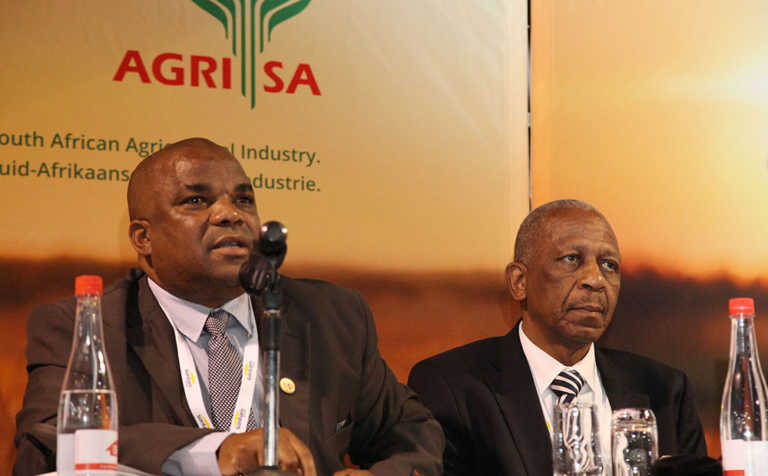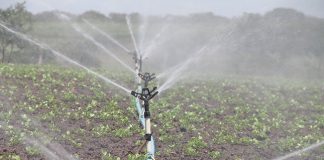
Photo: Gerhard Uys
He said commodity organisations or attorneys who were knowledgeable about agriculture would be good intermediaries.
“Independent bodies could act as sounding boards for concerns that both parties might have, relay concerns to stakeholders, and then facilitate negotiations. Such a person must be culturally sensitive and must be part of the partnership until the two parties [learn to] trust each other,” Phosa said.
Parties also needed to take time to establish common ground, develop a vision for what they wanted to achieve in the long term, and set out goals of how to achieve these.
Dates also needed to be set to review the success with which these goals had been met, Phosa said.
“Emerging producers need to be given more responsibilities as their business capacity develops, with milestones developed for them. One also needs an open door policy so that issues can be addressed even after hours if necessary, and one needs to be flexible [so that roles can be changed] if needed,” he said.
According to Phosa, one of the challenges would be to measure the value of the experience brought to such partnerships by commercial producers, against the value of a BEE relationship’s ability to secure lucrative market deals with supermarket chains, among others.











